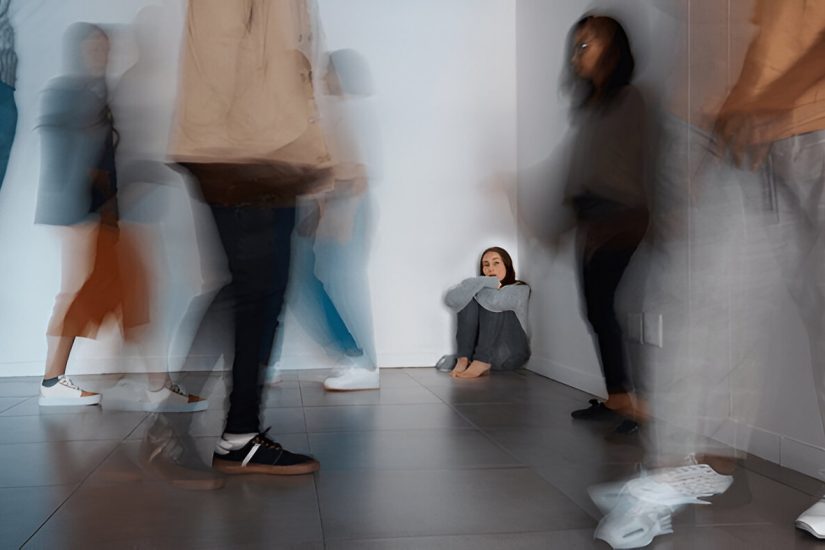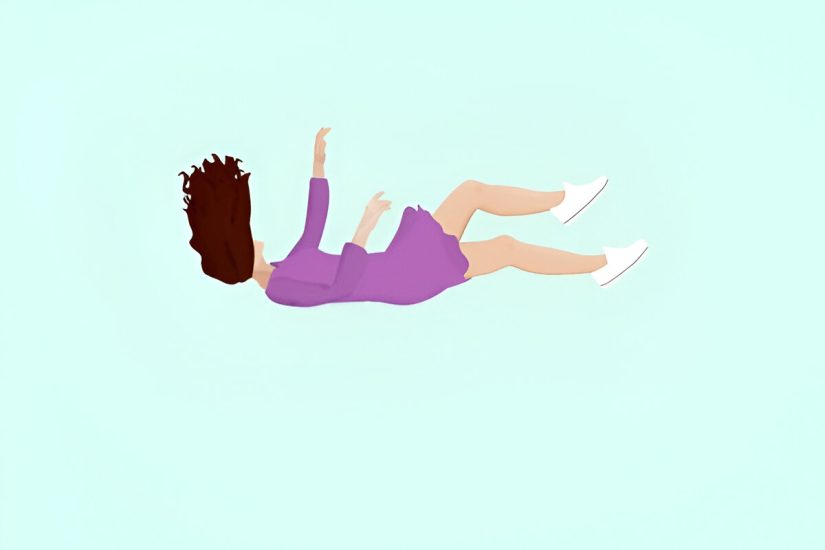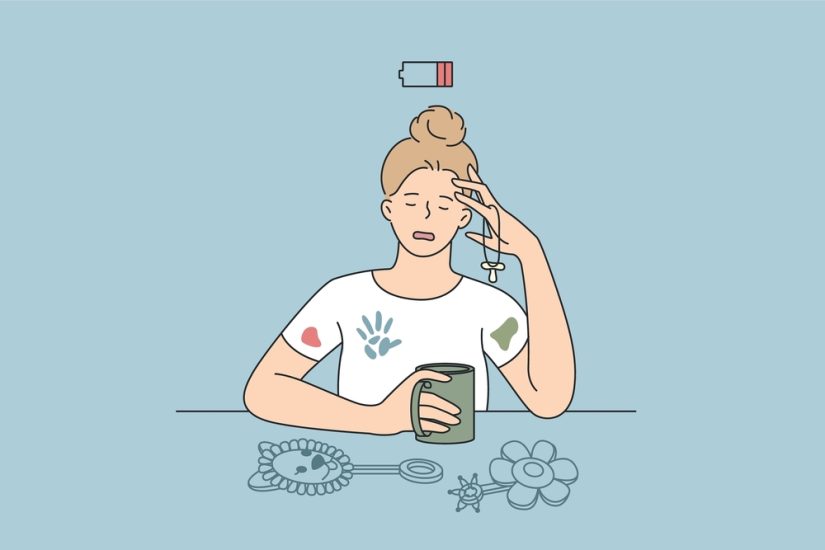- June 7, 2023
- by Shalini Murmu
- Anxiety
Your Physical Activity Tells A Lot About Your Mental Health
How about a cozy couch, a TV remote in one hand, some yummy snacks in the other, and hours slipping away as you binge-watch your favorite show? Sounds like the ultimate way to unwind, doesn’t it? While it may feel blissful at the moment, have you ever given any thought to how leading such a sedentary lifestyle can impact your mental well-being?
In our modern world, with its countless comforts and technological marvels, we find ourselves increasingly tethered to our desks, couches, and screens for hours together. Be it watching movies, working for hours together, or simply sitting in one place scrolling through social media reels for too long. Have you ever wondered if this sedentary way of life could be silently contributing to the anxiety that plagues many people today? Let’s get to know the potential consequences of our sedentary habits on our mental health.
The Sedentary Trap
In our fast-paced, technologically advanced world, it’s all too easy to find ourselves sinking into the sedentary trap. We often unknowingly forgo physical activity for convenience and comfort. But what we fail to realize is the toll this has on our mental well-being. This sedentary epidemic has raised concerns among health professionals, not only due to its implications on physical health but also because of its profound effect on mental health.
The Anxiety Connection
Anxiety is a pesky monster that sneaks up on us when we least expect it and can be exacerbated by a sedentary lifestyle. You might wonder, “How can just sitting around impact my mental health?” Well, the link is rooted in the profound and intricate relationship between our physical and mental aspects.
As we indulge in physical activity, our brain releases endorphins – those beneficial natural chemicals that uplift our mood and provide an overall sense of feeling good. Exercise has been proven to be a powerful stress buster, helping to release tension, and promoting a more positive outlook toward life. Unfortunately, the exact opposite happens when we remain sedentary for extended periods.
To understand what anxiety may look like, it’s the feelings of unease, worry, and fear, that affects millions of people worldwide. It can appear in different forms, including generalized anxiety disorder (GAD), panic disorder, social anxiety disorder, and various phobias.
The Vicious Cycle
Imagine a never-ending loop in which anxiety prevents us from engaging in physical activities, and in turn, our lack of exercise does no good to our anxiety. Such a lifestyle can act as a distressing spiral that becomes difficult to break free from. As we go about in our sedentary lives, our bodies yearn for movement, and when denied, they respond with heightened levels of stress and anxiety.
This can further impact our sleep patterns and insomnia is an inevitable part of the cycle. A lack of physical activity can disrupt our sleep-wake cycle, leading to poor-quality sleep. Sleep deprivation, in turn, can heighten anxiety levels, making us more vulnerable to anxious thoughts and feelings. It’s a cycle that perpetuates itself unless we take action against it.
Steps Towards a Healthier Mind and Body
But don’t worry, there is light at the end of the tunnel. By incorporating small but impactful lifestyle changes, we can mitigate the risk of anxiety associated with sedentary existence.
- Start small: Begin by setting realistic and achievable goals, such as taking short walks during breaks or incorporating stretching exercises while watching TV.
- Find something you enjoy: Indulge yourselves in activities that bring you joy, be it dancing, cycling, swimming, or hiking. When we enjoy what we do, it becomes easier to stick to a routine.
- Buddy up: Team up with a friend, family member, or even a pet to make physical activity more enjoyable and hold each other accountable.
- Make it a habit: Consistency is key. Gradually make it a routine that includes regular physical activity, and soon you will adapt to giving importance to your health.
- Mix it up: Expand your horizons and keep your fitness journey exciting by trying different types of exercises. To keep things fresh and to work for different muscle groups, explore various activities.
- Seek professional help: If anxiety persists or intensifies, don’t hesitate to reach out to a mental health professional. They can provide valuable guidance and support tailored to your specific needs.
The roots of anxiety are complex and intertwined, stemming from various factors. Singular aspects cannot be solely blamed for the presence of stress and anxiety. It is crucial to gain insight into your personal triggers, as they vary from person to person. The impact of anxiety on mental health cannot be understated; its effects can be profound and far-reaching.
Thankfully, there exists a multitude of support groups and mental health professionals who have dedicated their expertise to guiding and uplifting countless individuals who find themselves lost in the maze of confusion.
If you resonate with the content of this article or know someone who could benefit from assistance, please don’t hesitate to reach out. We are here for you, ready to provide the support and guidance needed on your journey toward healing and peace of mind.
NABHS, Your Ally In Mental Wellness
At North America Behavioral Health Services, we are committed to providing comprehensive guidance and assistance when it comes to accessing the resources you need for your mental well-being. Our dedicated team is here to help you navigate the process of scheduling appointments at some of the most reputable and esteemed mental health facilities available. You can rely on us to provide the support and information necessary to ensure that you receive the care and treatment that aligns with your specific needs. Trust us to be your partner in your journey toward improved mental health and a brighter future.
















